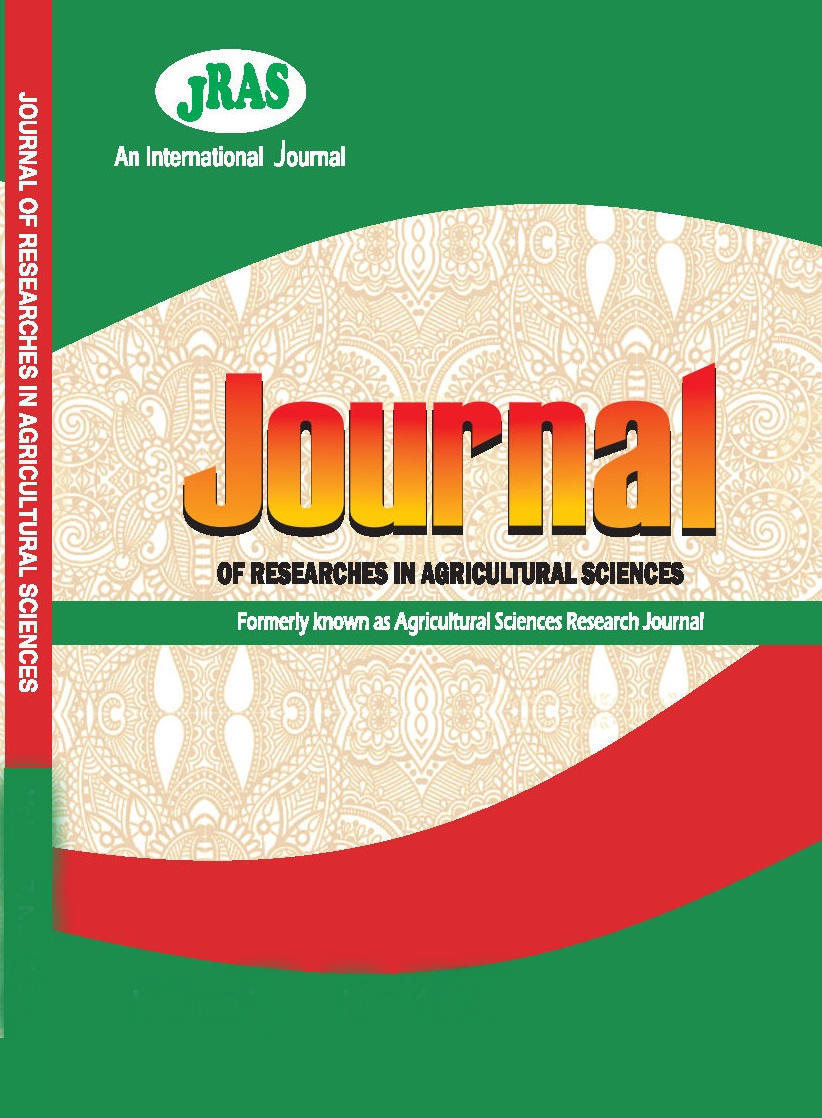Herders-Farmers Conflict: Implications for Arable Crop Production in Kajola Local, Government Area, State, Oyo State, Nigeria.
Nyckelord:
Effects, herders, farmers, conflict, arable crop, productionAbstract
Nigerian arable crop production has suffered from the herders-farmers conflict. This study examined how herders-farmers violence affected arable crop output in Kajola Local Government, Oyo State. Using an interview guide, random sampling was used to collect data from 125 arable crop producers. Data were analysed using descriptive statistics like percentages, frequency distribution, and mean and inferential statistics like Chi-square and t-test. 56.6 per cent of farmers were men, and 34.4 per cent were women. About 38.4% of responders are 31-40 years old, and 13.6% of farmers are uneducated. Most farmers (64.8%) saw a drop in production after cow and sheep invasion. Herders' contempt for conventional rules and regulations (84 per cent), polluting of streams (60 per cent), devastation of crops (90.4 per cent), overgrazing of fallow land (64.2 per cent), and revenge attacks (60 per cent) were the main points of complaint. According to respondents, herders's agricultural devastation (97.6%), water pollution (93.6%), kidnapping (87.2%), and financial exploitation (78.4%) were the most common kinds of conflict. Chi-square analysis found significant associations (P≤0.05) between herders-farmers conflict and arable crop output, including contempt for customary rules, pollution of streams, crop destruction, bush burning, and tribalism (χ2=30.331, χ2=7.419). The study found that conflict in the research area hurt the yield of arable crops. To avoid tribal war, the government, local security groups, and the leaders of the herders should step in and improve the security forces to settle disagreements.

